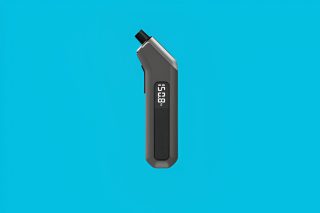Two catastrophic AT&T data breach in 2024 exposed millions of customers’ most sensitive information, but the company’s $177 million settlement now offers substantial compensation to those affected. If you’re a current or former AT&T customer, you could be eligible for up to $7,500 – assuming you act before the November 2025 deadline.
What Got Compromised and When
The March 2024 breach put 73 million customers at risk, leaking Social Security numbers, birth dates, addresses, and account information onto the dark web. Four months later, another breach compromised call and text records for nearly every AT&T wireless customer.
These weren’t minor glitches – they were full-scale privacy disasters that left customers vulnerable to identity theft and financial fraud.
Settlement Breakdown Shows Real Money
According to court filings, AT&T allocated $149 million for the first breach and $28 million for the second. You can claim:
- Up to $5,000 for documented losses from the March breach (dating back to 2019)
- Up to $2,500 for losses after April 14, 2024, from the July incident
Even without documented losses, all class members receive pro rata payments based on how many people file claims and what type of data was compromised.
Filing Your Claim Takes Minutes
Visit the official Kroll Settlement Administration website to check your eligibility using your AT&T account information. The online claim form walks you through uploading supporting documents for loss claims – think credit monitoring fees, time spent resolving fraudulent accounts, or other breach-related expenses.
If you were affected by both incidents, you’ll need separate documentation showing distinct impacts from each breach to maximize your payout.
Critical Deadlines Approach Fast
| Deadline | Date | Action Required |
|---|---|---|
| Claims Filing | November 18, 2025 | Submit online claim |
| Opt-Out Requests | October 17, 2025 | Postmarked letters |
| Final Hearing | December 3, 2025 | Court approval |
Filing a claim means you can’t sue AT&T independently over these data breaches – you’re trading that right for settlement money.
This settlement won’t erase the privacy violation, but it acknowledges the real costs customers faced when their personal data got weaponized by cybercriminals.




























